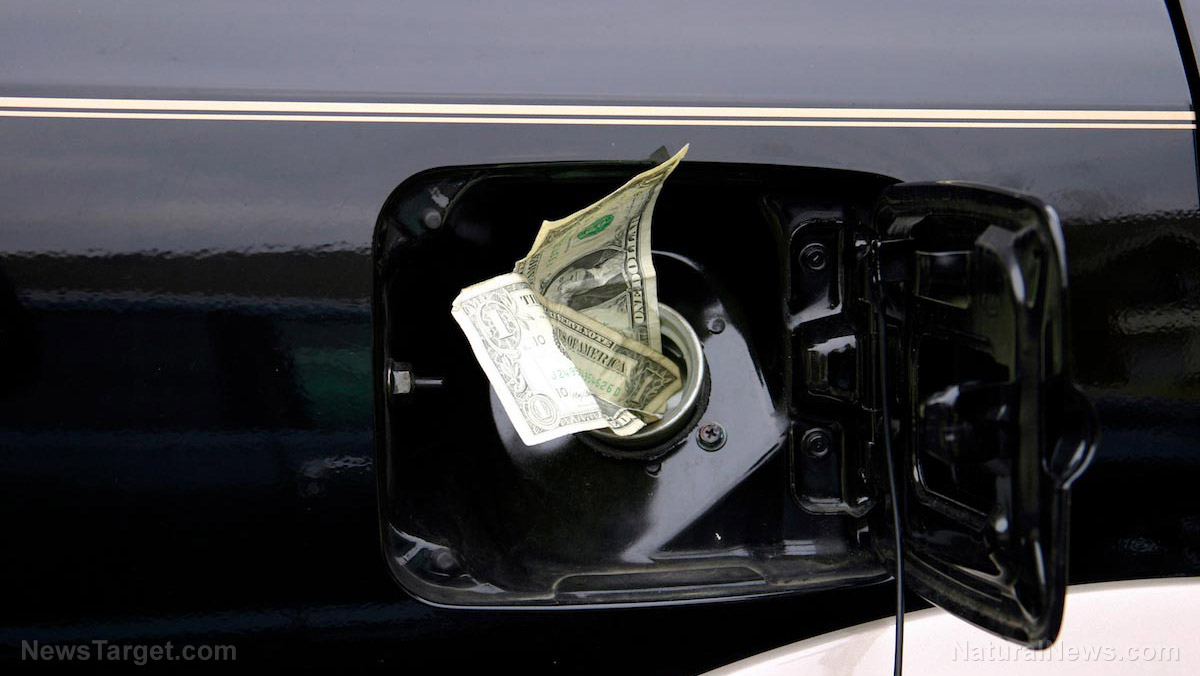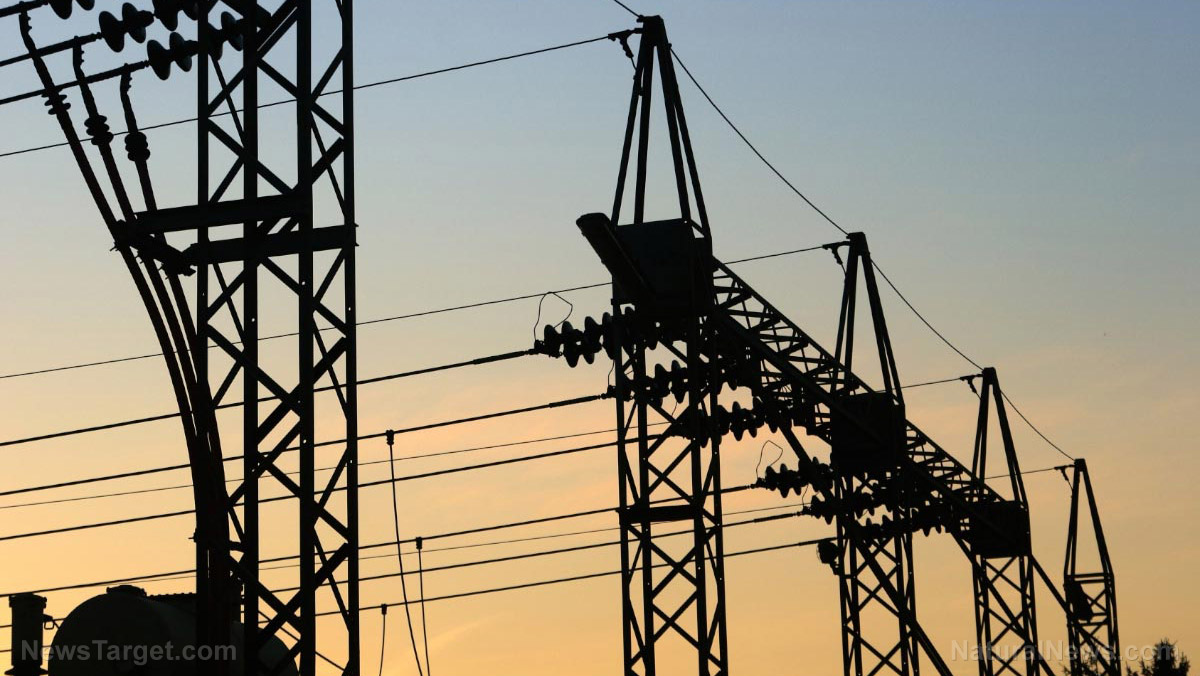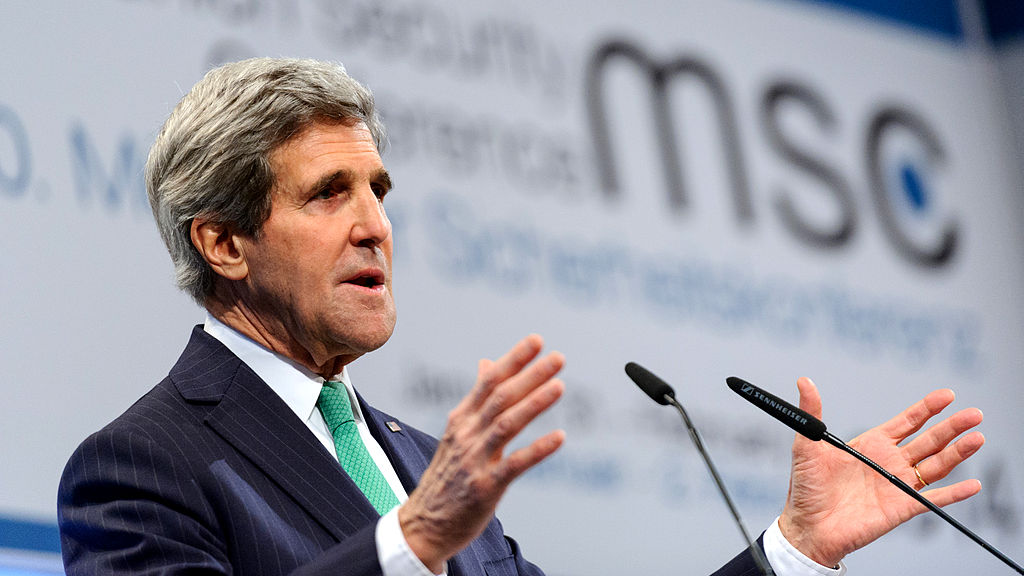Oil prices surge by more than $1 per barrel amid ongoing Israel-Hamas conflict
10/25/2023 / By Laura Harris

Global oil markets were rattled as oil prices surged by more than $1 per barrel on Oct. 20 amid the ongoing Israel-Hamas conflict.
According to the Epoch Times, Brent crude futures have gained $1.23, pushing the price to $93.61 per barrel, while U.S. West Texas Intermediate crude also followed suit, rising by the same amount to reach $90.60 per barrel. Both front-month contracts were poised to record their second consecutive weekly gain. Additionally, the December WTI contract showed an even more substantial increase, rising by $1.37 to reach $89.74 a barrel.
In line with these oil price hikes, experts suggest that the looming Israeli ground offensive in the Gaza Strip played a pivotal role. (Related: Oil price hike incoming: Drones STRIKE two major oil refineries in Russia.)
“Signs that an Israeli ground offensive in the Gaza Strip is imminent have been pushing oil prices up significantly since yesterday. A barrel of Brent now costs $93 again. So far, however, the supply situation on the market has not changed,” Commerzbank analysts wrote. Nevertheless, market dynamics have yet to reflect any substantial alterations in the global oil supply.
In a separate event, Reserve Bank of Australia (RBA) Governor Michelle Bullock also addressed the potential ramifications of the ongoing Israel-Hamas conflict on oil prices and global inflation.
During her first public appearance at the AFSA Annual Summit Panel in Sydney, Bullock began her speech by highlighting the immediate effects of the conflict in the Middle East, particularly the surge in oil prices. She noted that the higher costs of oil have a ripple effect on petrol prices, ultimately impacting the overall inflation rate.
“The initial response to that shock was [that] oil prices rose again. One of the things you would have noticed is [that] the price of petrol even prior to that had been going up, and so that’s likely to keep oil prices elevated as people are a little bit unsure about how it’s going to impact the supply of oil,” she explained.
Oil price hike goes beyond Israel-Hamas conflict
The ongoing Israel-Hamas war is not the only factor at play in the recent oil price increase.
For instance, the anticipation of a supply deficit in the fourth quarter, partly due to the decision of Saudi Arabia and Russia to extend their oil supply cuts until the end of the year, is another thing to consider.
Moreover, the oil market is grappling with dwindling inventories, particularly in the United States. The plan of the Department of Energy to purchase 6 million barrels of crude for delivery to the Strategic Petroleum Reserve in December and January has added to the supply constraints. This plan is part of the U.S.’s effort to replenish its emergency stockpile.
This move is emblematic of broader concerns about global oil supply and demand dynamics. Many experts have pointed to the ongoing global energy transition, which has seen a shift towards renewable energy sources. While this transition is commendable for environmental reasons, it has introduced uncertainties into the fossil fuel sector as producers and consumers navigate the transition, causing supply disruptions and price volatility.
Venezuela, once a significant player in the global oil market, is another contributing factor. Its oil production has been plagued by economic and political crises, reducing its impact on the global oil balance.
Furthermore, the announcement by the Pentagon that the U.S. intercepted missiles fired from Yemen toward Israel heightened concerns about oil supply disruption.
Follow FuelSupply.news for updates on the already tight fuel supply amid the ongoing Israel-Hamas conflict.
Watch this Oct. 16 episode of “Brighteon Broadcast News” as Mike Adams, the Health Ranger, discusses the devastating consequences to the global economy of Israel’s war on Gaza.
This video is from the Health Ranger Report channel on Brighteon.com.
More related stories:
US oil price to surge again in December as Saudis cap production and EU embargo takes effect.
Gas and diesel prices expected to increase as crack spread soars.
Nebraska and South Dakota both declare fuel supply emergencies amid escalating energy crisis.
Americans should expect higher diesel prices, lower supply as winter nears.
Sources include:
Submit a correction >>
Tagged Under:
Brent crude, Bubble, chaos, economic riot, energy supply, finance riot, fuel supply, inflation, Israel-Hamas war, market crash, Michelle Bullock, Middle East, money supply, oil price hike, Pentagon, rationing, risk, scarcity, Strategic Petroleum Reserve, supply chain, West Texas, World War III, WWIII
This article may contain statements that reflect the opinion of the author
RECENT NEWS & ARTICLES
COPYRIGHT © 2017 POWER NEWS



















